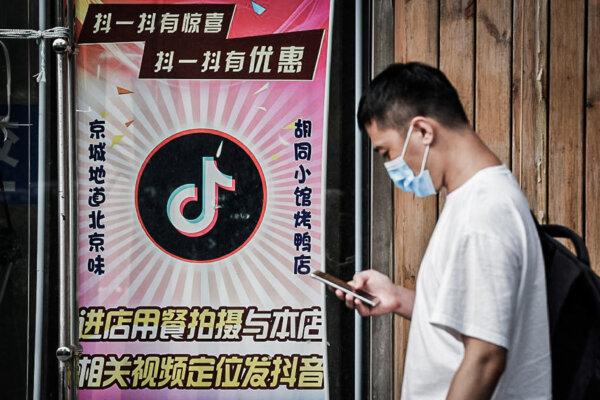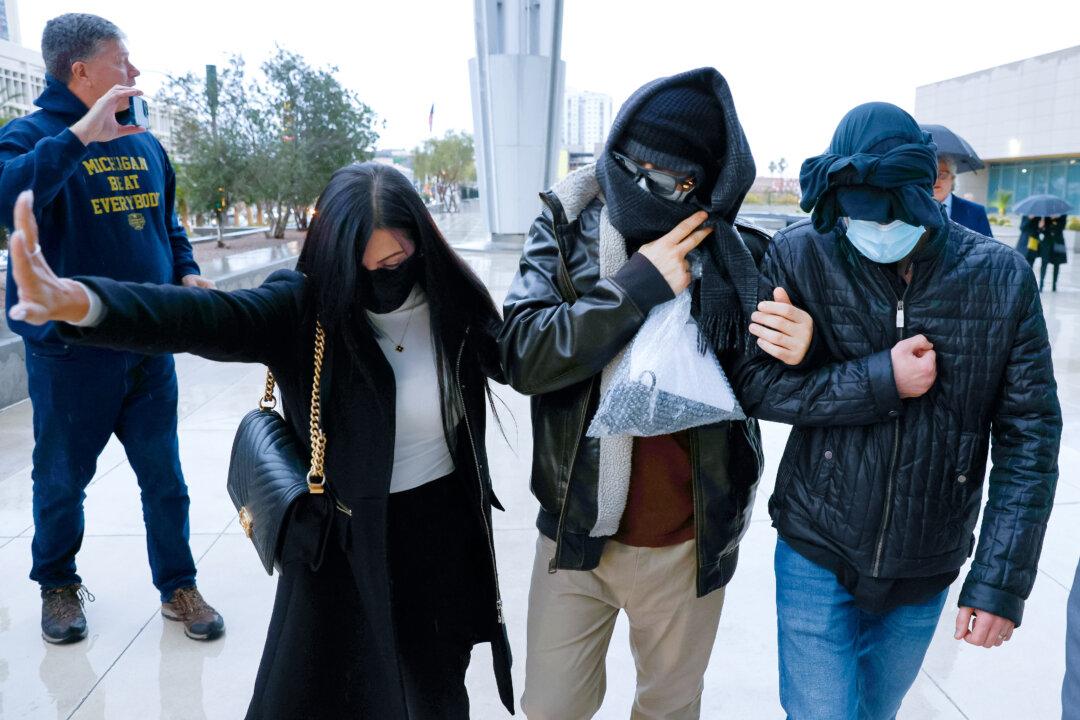Apple has confirmed that it has removed Meta-owned applications WhatsApp and Threads from its App Store in China after being ordered to do so by the country’s top internet regulator.
The tech giant told Reuters in a statement on April 19 that the Cyberspace Administration of China ordered the removal of the apps due to unspecified “national security” reasons.
Apple did not provide further details about when the apps were removed or what the national security concerns were related to.
“The Cyberspace Administration of China ordered the removal of these apps from the China storefront based on their national security concerns,” Apple said. “We are obligated to follow the laws in the countries where we operate, even when we disagree.”
China is a crucial market for Apple.
WhatsApp and Threads are not widely used in China, according to Reuters, and Tencent’s WeChat is by far the dominant service.
Numerous foreign apps, including WhatsApp and Threads, are typically restricted on Chinese networks by the “Great Firewall,” the country’s extensive internet censorship system. They can only be accessed through a virtual private network (VPN) or other proxy tools.
Tech-savvy Apple users in China can still download WhatsApp and Threads, provided they have iCloud accounts set outside the country.
Apple noted that the two apps remain available in Hong Kong and Macau.
According to Reuters, Facebook, Instagram, and Messenger—which are all Meta-owned social communications platforms—were still available on the App Store in China at the time of publication, as are other popular apps developed by Western companies, including YouTube and X, formerly Twitter.
Meta declined to comment and referred a query from Reuters to Apple.
Beijing’s Crackdown on Apps
The Cyberspace Administration of China, founded in 2011, is the national internet regulator and censor of online content.It also houses the secretariat of the Central Cybersecurity and Informatization Commission, a top-level decision-making body chaired personally by Chinese leader Xi Jinping, according to a report published late last year by The Diplomat.
According to the publication, various key state parties, the People’s Bank of China, and the People’s Liberation Army are all involved in digital policymaking with the Central Cybersecurity and Informatization Commission.
Some experts believe the latest order issued by the ruling Chinese Communist Party (CCP) regarding WhatsApp and Threads could be related to a new rule issued last August that requires all apps available in China to formally register with Beijing by April 1 or risk being removed.
Rich Bishop, chief executive of AppInChina, a publisher and operator of international software in China, told the Financial Times that the formal registration forces developers to establish a local company or “use a local publisher and host the back end of the app in China.”
“Once Apple starts enforcing it, hundreds of thousands of apps will be removed because very few have obtained an app filing,” Mr. Bishop said.

Lawmakers Weighing TikTok Ban
The removal of WhatsApp and Threads from its App Store in China comes just one day before lawmakers in the U.S. House of Representatives are set to vote on legislation that could force video-streaming platform TikTok to cut all ties with its Chinese parent company, ByteDance, or risk losing the ability to operate within the United States.It comes as lawmakers in Congress have long raised concerns over national security related to the app, which has soared in popularity across the United States in recent years, particularly among younger users.
TikTok has pushed back against the ban, with a spokesperson saying it “would trample the free speech rights of 170 million Americans” and devastate millions of businesses on the platform.
Both Democrats and Republicans have repeatedly noted that TikTok data on American users could potentially fall into the hands of the CCP, given that the platform is subject to laws in China requiring the company to hand all data in its possession over to Beijing if requested.
TikTok has been banned from government devices in the United States, Australia, Canada, New Zealand, and the United Kingdom.







